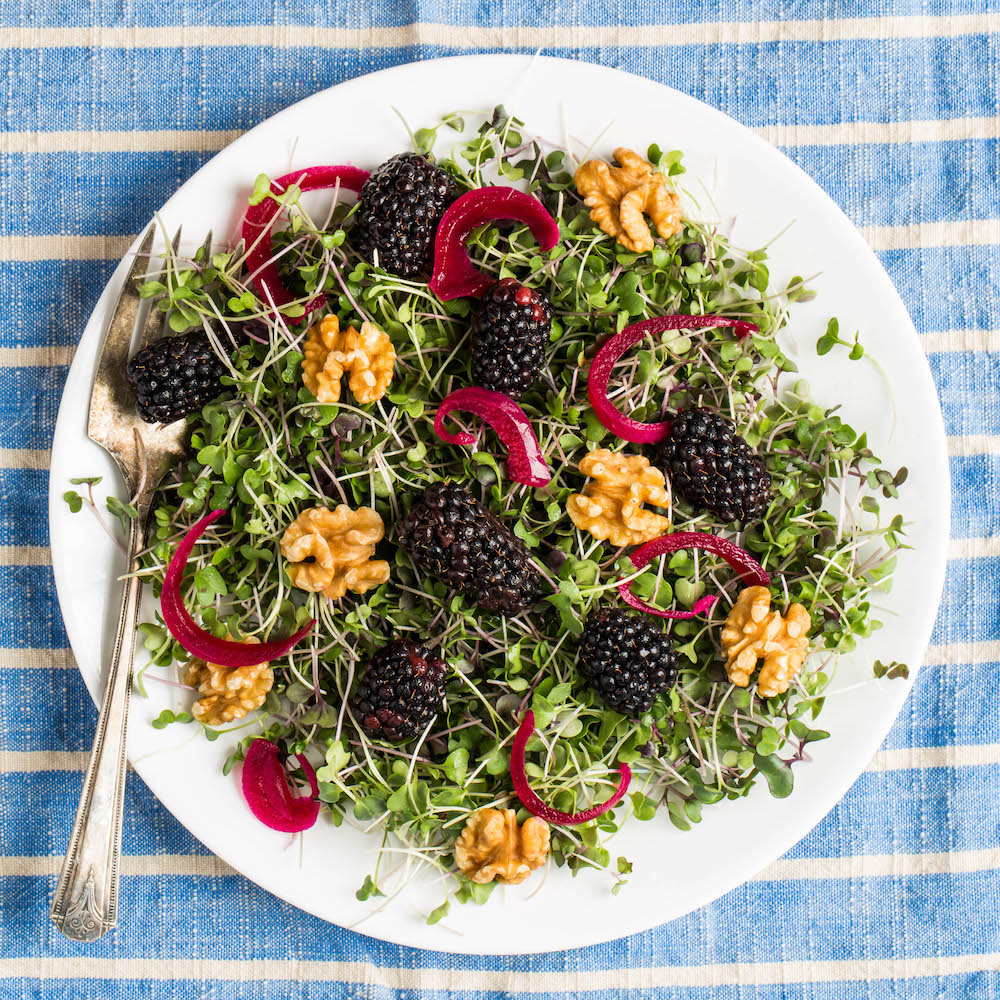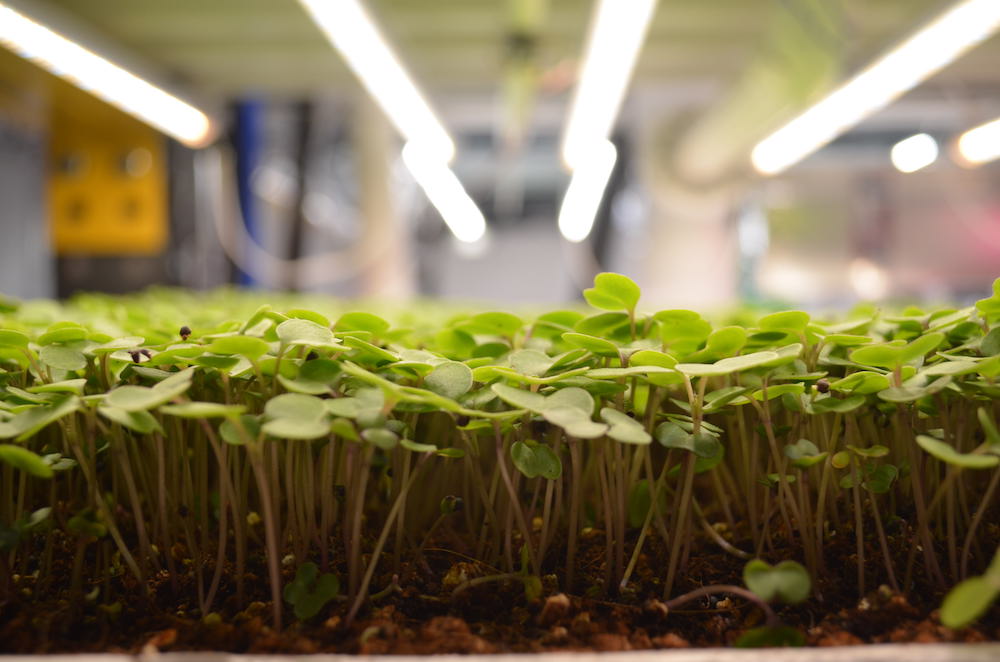- Upward Farms, an indoor agriculture company, raised $15 million to boost its operations.
- Vertical farming companies are booming amid the COVID-19 outbreak, which has increased demand for locally grown greens.
- The company aims to increase the diversity of bacteria in its farm soil as such microbes have been linked to boosting the human immune system.
Like lots of people in the middle of a pandemic, Jason Green has germs on his mind. But the chief executive officer of Upward Farms is thinking about the good kind, the ones he aims to grow with the $15 million he raised for the indoor agriculture business.
Green co-founded Upward Farms, originally named Edenworks and then Seed & Roe, in 2013, making use of an aquaponics farming technique that entails using fish to fertilize crops. The company has an indoor farming complex in Brooklyn that offers a more controlled environment where its engineers can better prevent crop disease while still avoiding the use of pesticides.
Upward Farms announced earlier this month that it raised $15 million late last year. Green says the funds will be used to expand the business, opening a new farming facility in the Greenpoint area of Brooklyn, with long-term plans to open other spaces around the country.
“We want this to be a facility where we’re easily able to attract talent and capital,” Green told Karma. “And so that’s why it makes sense for us to keep this facility in the city. But as the business scales, it becomes much more peri-urban.”
The new location will open at the end of 2020 and is expected to increase production 20-fold over its original facility, says Green. Upward Farms already supplies produce to supermarkets, including Whole Foods, but the ramp-up will enable it to supply washed and ready-to-eat salads to more grocery stores in New York.
The company farms different types of fish including striped bass and grows vegetables such as asparagus, carrots, cucumbers and leafy greens suitable for salads.
Upward Farms aims to double its full-time staff of 13 by the end of the year and does not employ seasonal workers like traditional outdoor agricultural production. Robots handle the washing and packaging of the products on its sophisticated automated assembly line.
The pandemic caused the company to make some adjustments. The Upward Farms team bought protection gear to keep its workers safe and created different schedules for employees to maximize social distancing.

Companies focused on indoor vertical farming, where crops are grown on shelves stacked on top of each other, have been bolstered by the COVID-19 outbreak which increased demand for locally-grown greens.
The pandemic revealed a business opportunity, says Green. Most produce in the U.S. is grown in California and Arizona and shipped to consumers all over the country. Because the COVID-19 outbreak prevented seasonal workers from being employed to pick the produce and long-haul transportation suffered due to the lockdowns, some grocery stores ran out of products, says Green.
That’s where Upward Farms, which is located closer to consumers, can step in. The company says data shows consumers have increased their online shopping for perishable goods such as greens.
The company raised most of the money from Prime Movers Lab, a venture capital firm based out of Jackson, Wyoming, and Bioeconomy Capital, which funds companies focused on advancing biotechnology.
Green, a trained neuroscientist and biotechnologist, is focused on increasing the good bacteria in the farm soil because the humans evolved alongside such microbes that keep sickness at bay. He says modern outdoor agriculture has stripped a lot of good bacteria from the soil and from the food that people eat to maintain their health.
He aims to increase the diversity of the microbiome in the farm’s soil — a goal, he says, that sets Upward Farms apart from other players in the sector. Green says investors have increased their funding for microbiome technology in recent years.
“It’s seen as the new frontier in genetics,“ Green told Karma. “We’ve also seen a tremendous amount of capital going into indoor agriculture. We think that it’s the convergence of these two trends, the microbiome, and indoor agriculture that’s where there’s a tremendous amount of value to unlock.”
Photo by Upward Farms






















